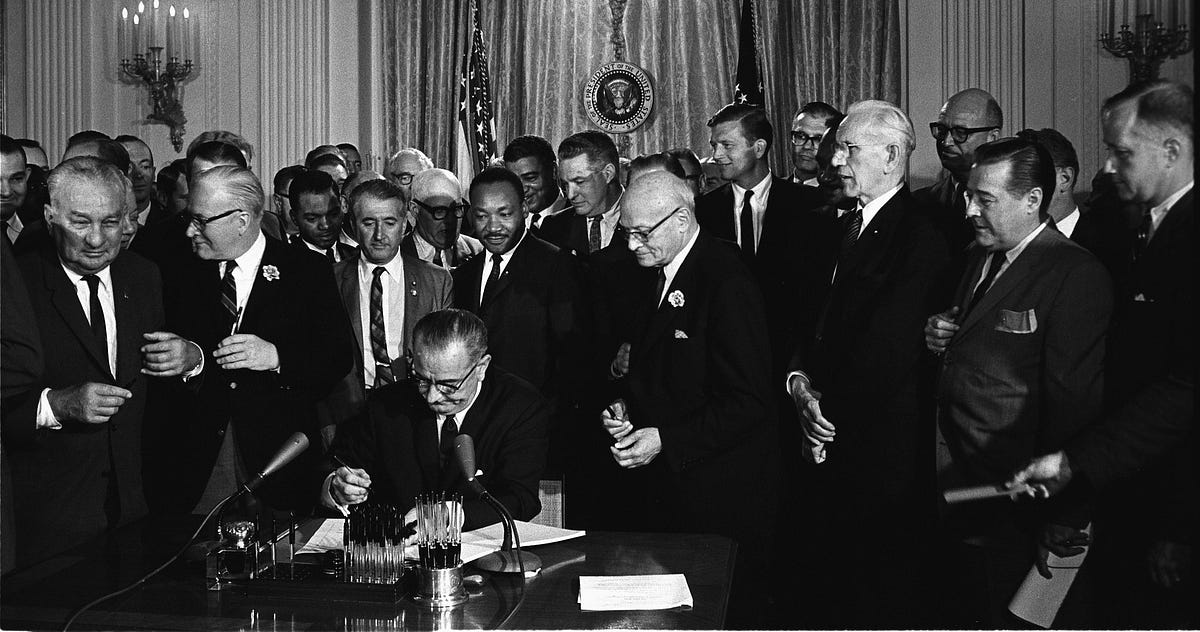Sublime
An inspiration engine for ideas
Truth Hunters
Dave King • 1 card
Alastair
@alastair

our internal monologues can toggle between liberal and conservative channels is that we do not keep track of the logical consistency of our thoughts the way we believe we do.
Keith Payne • The Broken Ladder: How Inequality Changes the Way We Think, Live and Die
Bret Victor, beast of burden
worrydream.comAll forms of social solidarity were to be dissolved in favour of individualism, private property, personal responsibility, and family values. The ideological assault along these lines that flowed from Thatcher’s rhetoric was relentless.17 ‘Economics are the method’, she said, ‘but the object is to change the soul.’ And change it she did, though in
... See moreDavid Harvey • A Brief History of Neoliberalism
Just a moment...
bookshop.orgJames Clear
Myq Kaplan • 10 cards